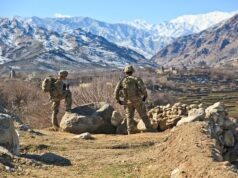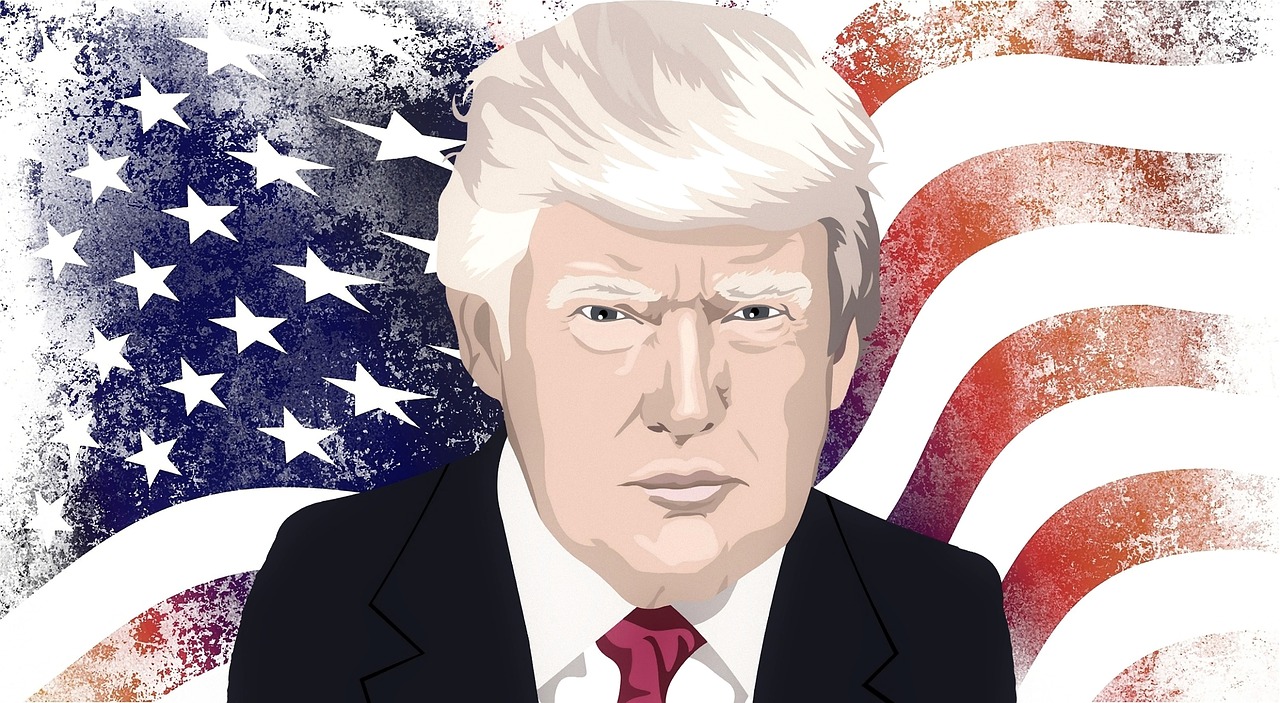US Security Advisor John Bolton has requested options from the Department of Defense in Washington for an attack on Iran, according to a Wall Street Journal („WSJ“) report.
Background was a three-grenade attack last year on the diplomatic district in the Iraqi capital Baghdad, the newspaper wrote today. The US Department of Defense has prepared the requested options. However, the request has caused concern in both the Pentagon and the Foreign Ministry, the newspaper quoted former staff. „She unsettled the people,“ is quoted a senior ex-employee. „It was crazy how bluntly they talked about an attack on Iran.“
In May 2018, US President Donald Trump had single-handedly terminated the international nuclear agreement with Iran. Among other things, the US government accuses the Tehran leadership of conducting terror and destabilizing the Middle East with aggressive policies. As a result, the leadership in Tehran has repeatedly threatened to terminate the Vienna nuclear agreement and resume unlimited uranium enrichment if sanctions are not lifted.
Iran wants to produce highly enriched nuclear fuel
Today, Iran announced it would be working on a new technology for the production of highly enriched nuclear fuel. This should have an enrichment of 20 percent and be used in the nuclear reactor in Tehran and similar facilities for medical purposes, said Vice President Ali-Akbar Salehi.
It is unclear whether this new research was also agreed with the International Atomic Energy Agency (IAEA) in Vienna. According to the Vienna Atomic Energy Agreement of 2015, Iran can only enrich up to 4.5 percent to a limited extent. The nuclear deal is to exclude that Iran builds a nuclear bomb.
For the operation of a nuclear power plant, an enrichment of four to five percent is sufficient. For the production of a nuclear bomb enrichment of uranium to about 90 percent is required. Natural uranium only has a content of fissile U-235 of 0.7 percent. The proportion is increased by rotating the element previously bound in a gaseous compound in centrifuges at supersonic speed.



